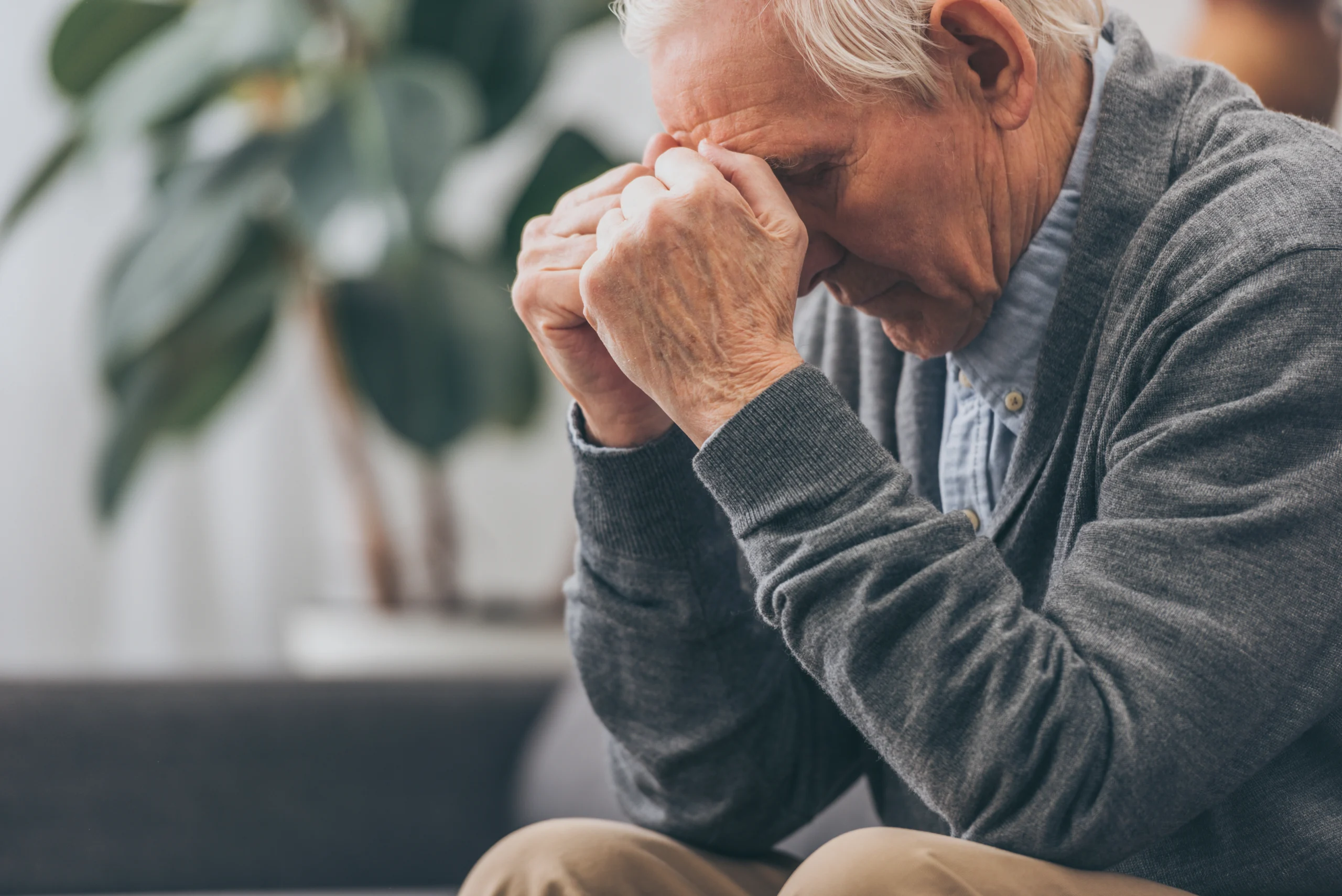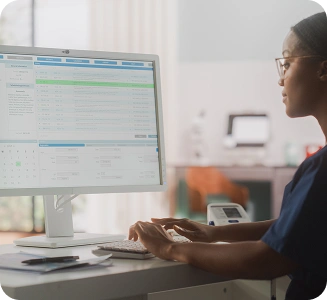When the Equality Health Care Team reviewed Elias’s Health Socio Cultural Assessment, the risk score was not only high enough to prompt an outreach, but the nurse team decided to contact him immediately for a consult.
The team quickly found that Elias was experiencing the perfect storm of bad health and lack of access to culturally competent healthcare. The 71-year-old Hispanic man had end-stage renal disease, uncontrolled diabetes and high blood pressure. He also was suffering from undiagnosed depression with social and cultural factors impacting his overall health.
In addition to his poor physical health, Elias’s Spanish language preference and limited English-language skills created provider-patient communication challenges. He was experiencing cultural barriers and was not educated about his medical condition, which was worsening. Within a six-month timeframe, he’d been in the hospital five times. His body fluids kept building up, yet he was no longer urinating. Because he was an infrequent patient at the dialysis center, the visits only made him feel sicker. And he wasn’t following a treatment plan, so the local dialysis centers stopped seeing him.
Compounding his chronic medical conditions were his regular trips to Guadalajara, Mexico where he would visit walk-in dialysis centers. Not being under a physician’s care, he would essentially direct his own treatment.
Surprisingly, Elias said he felt better getting care in Mexico. Here, as an older person, he was treated with respect and had strong family bonds—a trusted natural support network that was stronger than what he had in the U.S.
The journey
Elias’s frequent visits to the hospital emergency room flagged him as a high-risk patient by his health plan. An Equality Health Care Coordinator was alerted via our care navigation technology platform, CareEmpower®, to follow up and dispatched a bilingual nurse and chaplain “Care Team” to visit Elias and his wife at home.
The Care Team enrolled him in Equality Health’s Care Coordination program—a transitional program designed to coordinate services for the member, like scheduling doctor appointments, monitoring medication adherence, securing transportation, and assisting with social and spiritual needs.
The solution
Trained in Equality Health’s Cultural Care Model, the Care Team educated Elias and his wife on the status of his condition, what he could expect during treatment, and stressed the importance of following the doctor’s orders.
The nurse helped Elias find a new dialysis center and located a new nephrologist and primary care physician to treat his other chronic conditions—diabetes and high blood pressure.
During the Care Team’s visit, Elias expressed feelings of depression because of the burden his condition was placing on his wife and family. Equality Health’s chaplain stressed the importance of having a support system and reassured Elias that he wasn’t a burden.
In addition to helping Elias find a culturally competent doctor in the Equality Health provider network and scheduling medical appointments, the Care Team also worked with the family on developing a comprehensive plan of care, including what things he needs to do when he returns from Mexico. Because Elias had intermittent transportation, they also educated him about his health plan’s transportation benefit and helped scheduled his first ride service.
The road to better health
In June of 2018, the number of Elias’s hospital visits had shrunk to zero. He was seeing a primary care provider on a regular basis and had been screened for depression and social-cultural risk factors.
It’s said that the journey of a thousand miles begins with a single step. In Elias’s case, his first step was getting help from the Care Team at Equality Health. A technology-enabled, integrated healthcare company dedicated to delivering “The New Culture of Care.”




